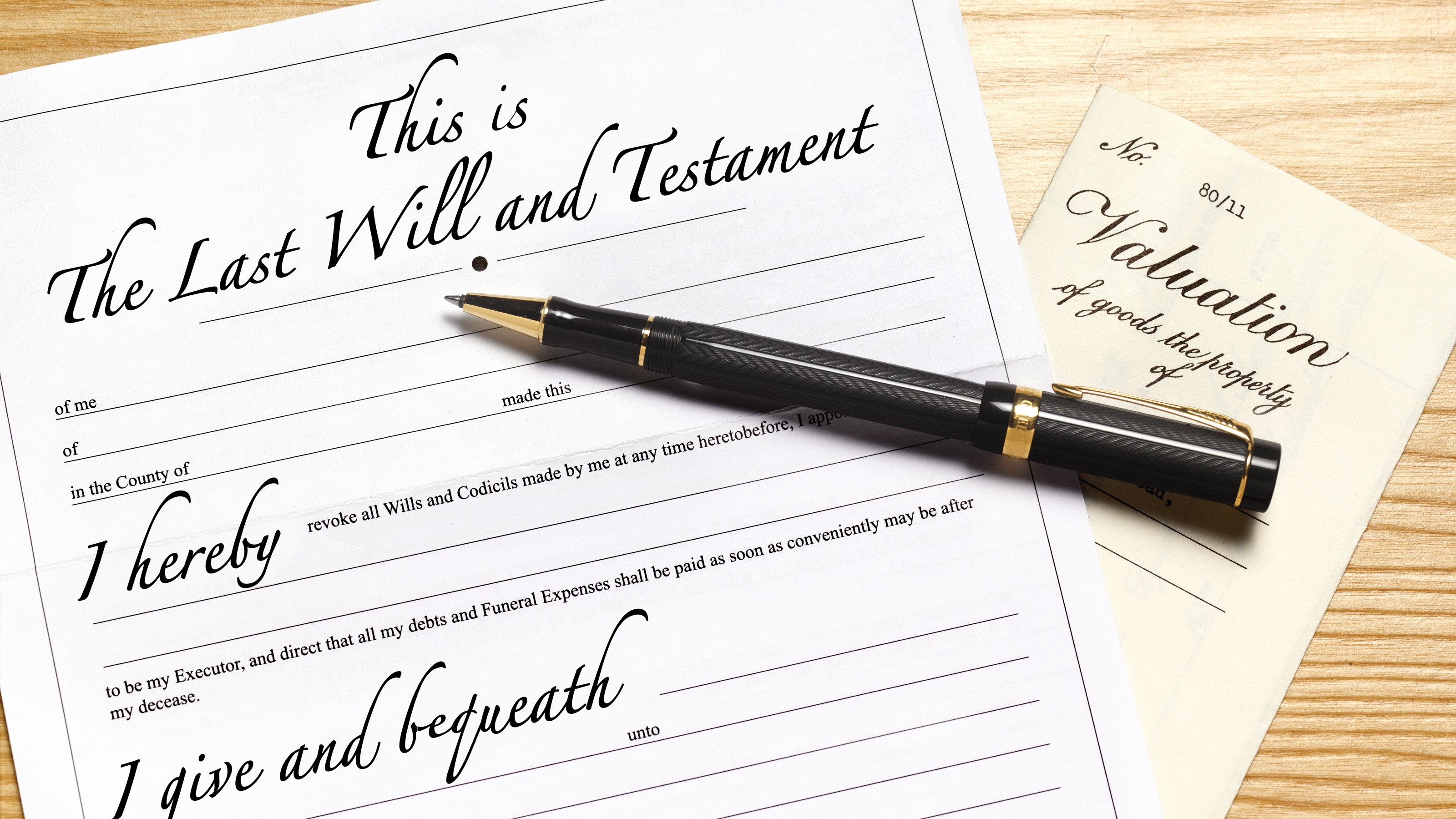
Create a more effective estate plan and avoid common mistakes by following these seven best practices.
1. Have backups for different roles
You should name a backup for estate planning roles such as executor of your will, financial power of attorney and health care agent. That way, if one predeceases you, someone else will be able to step up. If your primary selection is about your age, name a younger loved one as a backup.
2. Communicate with your loved ones
Your loved ones should know where to find your estate planning documents. You should also discuss inheritance plans while you’re alive so people aren’t surprised. “That way, you aren’t creating turmoil after you pass. Money can destroy families,” says Bryan Bell, a certified financial planner with First Horizon Advisors in Brentwood, Tenn.
3. Check your state’s laws
Each state has its own laws for estate planning. If you move to a different state, you will likely need to update your documents to conform with that state’s laws.
4. Remember your pets
If you have pets, you could lay out in your will who will take care of them after you die and leave them money to do so. You could also set up a pet trust designed to pay out enough money each year to cover your pet’s bills.
5. Share with health care providers
Proactively give health care providers your living will and health care POA, especially before a major surgery. Most will ask for these documents as part of the admitting process.
6. Don’t forget to put assets in your trust
If you set up a trust, retitle your assets so they’re under the trust’s name and tax ID. “I see revocable trusts that don’t end up doing anything because the client never retitled the assets,” says Bell.
7. Review and update regularly
Review and update your estate planning documents every three to five years or after significant life events. Financial institutions will likely refuse a POA that’s more than three years old because of concerns that your circumstances have changed.
These days, you can create your entire estate plan online with services such as Gentreo, LegalZoom, Wealth.com and Trust&Will. Once you sign up for an online account, the software walks you through a series of questions before creating your estate plan documents.
Using one of these services typically costs much less than hiring an estate attorney. For example, Gentreo charges $150 to generate the three primary documents: will, living will and financial power of attorney. After that, it charges $50 a year to store your documents on the software with the option to update them later. In comparison, a lawyer might charge between $1,000 and $3,000 to create your documents and then hundreds more later to revise them.
Online services can be convenient. You can handle everything from home at your own pace. “People sometimes get started on estate planning and want to learn more before making decisions. You aren’t sitting in front of an attorney, feeling as though you need to figure it out on the spot,” says Mary Kate D’Souza, chief legal officer at Gentreo. After you complete your plan, online services make it easy to share your documents with others electronically.
Generally, however, online options are most appropriate for those in a straightforward situation, such as a single adult with no children. If your circumstances are more complex, you’ll benefit from the guidance and counseling of a lawyer, who can help you weigh your options and discuss possible issues. “If you have significant assets, or if you have children from multiple marriages, there are more estate planning landmines to watch out for,” says Bruce Tannahill, a director of estate planning for MassMutual.
Note: This item first appeared in Kiplinger Personal Finance Magazine, a monthly, trustworthy source of advice and guidance. Subscribe to help you make more money and keep more of the money you make here.







